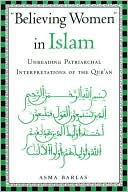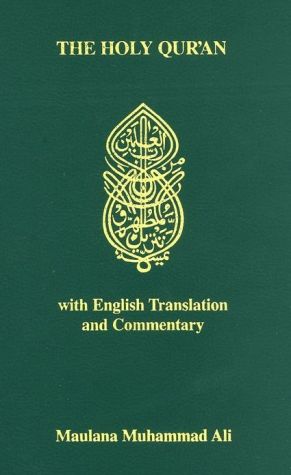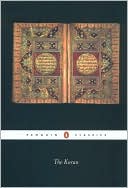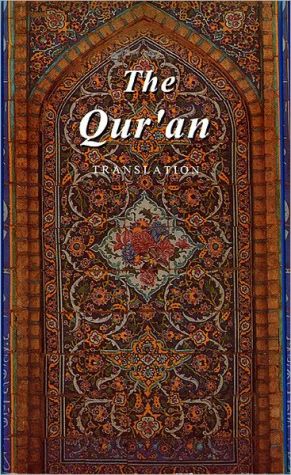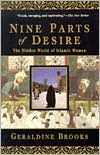Believing Women in Islam: Unreading Patriarchal Interpretations of the Qur'an
Search in google:
Does Islam call for the oppression of women? Non-Muslims point to the subjugation of women that occurs in many Muslim countries, especially those that claim to be "Islamic," while many Muslims read the Qur'an in ways that seem to justify sexual oppression, inequality, and patriarchy. Taking a wholly different view, Asma Barlas develops a believer's reading of the Qur'an that demonstrates the radically egalitarian and antipatriarchal nature of its teachings.Beginning with a historical analysis of religious authority and knowledge, Barlas shows how Muslims came to read inequality and patriarchy into the Qur'an to justify existing religious and social structures and demonstrates that the patriarchal meanings ascribed to the Qur'an are a function of who has read it, how, and in what contexts. She goes on to reread the Qur'an's position on a variety of issues in order to argue that its teachings do not support patriarchy. To the contrary, Barlas convincingly asserts that the Qur'an affirms the complete equality of the sexes, thereby offering an opportunity to theorize radical sexual equality from within the framework of its teachings. This new view takes readers into the heart of Islamic teachings on women, gender, and patriarchy, allowing them to understand Islam through its most sacred scripture, rather than through Muslim cultural practices or Western media stereotypes. Publishers Weekly Barlas, associate professor and chair of politics at Ithaca College, offers a comprehensive revisionist treatment of how the Qur'an actually views women as equal and even superior to men. Persuaded that Islam is a religion of egalitarianism, Barlas is equally clear that misogyny and patriarchy have seeped into Islamic practice through "traditions": the sunna, or the traditions of the Prophet Muhammad, the founder of Islam; the hadiths, or sayings attributed to Muhammad; and the shariah, or law derived from the Qur'an. Barlas argues that a military-scholarly complex manipulated the Qur'an to establish these traditions in a successful effort to preserve the position of the military rulers and clerics of early Islamic history with women's status being the victim. Some flawed traditions, along with mistranslations, ingrained patriarchy into Qur'anic interpretation, in spite of obvious Qur'anic injunctions to the contrary. Barlas's thesis is irresistible: the Qur'an itself has a very positive view of women whereas patriarchal culture caused the various interpreters of the Qur'an to read their own biases into the text to justify the oppression of women. Barlas quotes from a smorgasbord of Islamic scholars, resulting at times in a choppy read that drowns out her own more appealing voice. The opening chapter is bogged down in such quoting, and also in excessive worrying over her critics on either side of the debate. Despite these flaws, this book is loaded with interesting facts about Islam that may even surprise Muslims. (July) Copyright 2002 Cahners Business Information.
Preface Acknowledgments1. The Qur\\~\\an and Muslim Women: Reading Patriarchy, Reading LiberationPart I2. Texts and Textualities: The Qur\\~\\an, Tafs\\ir, and Ah\\adith3. Intertextualities, Extratextual Contexts: The Sunnah, Shar\\i\\'ah, and the StatePart II4. The Patriarchal Imaginary of Father/s: Divine Ontology and the Prophets5. The Qur\\~\\an, Sex/Gender, and Sexuality: Sameness, Difference, Equality6. The Family and Marriage: Retrieving the Qur\\~\\an's Egalitarianism7. PostscriptNotes Glossary Select Bibliography Index
